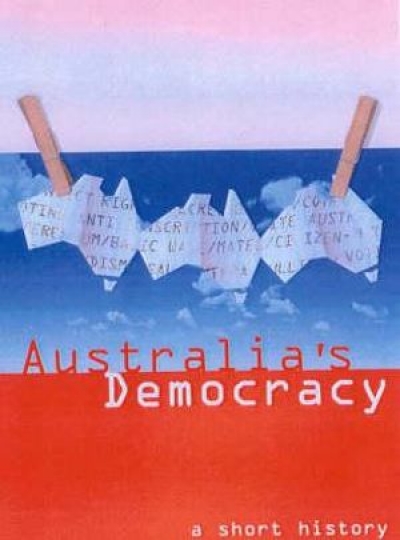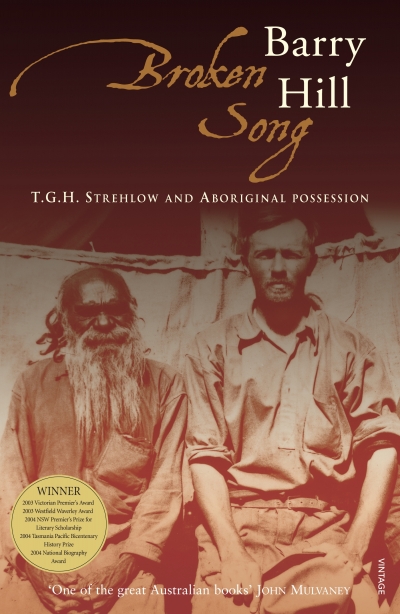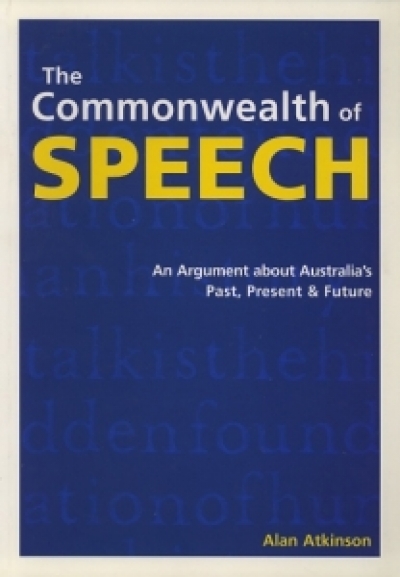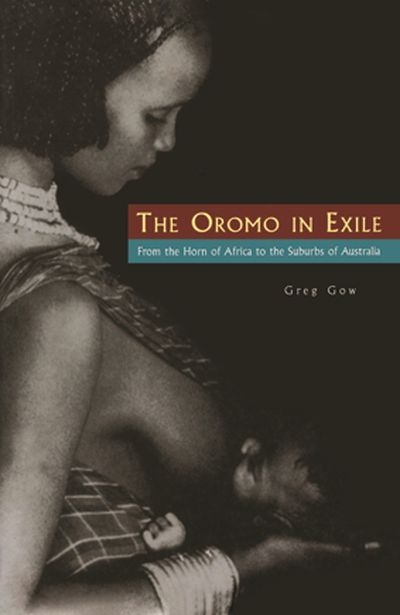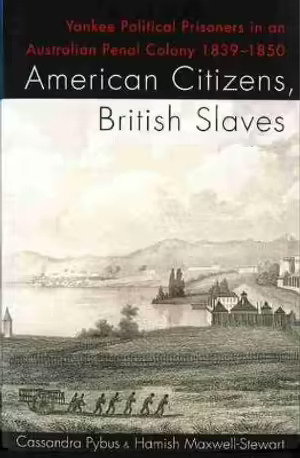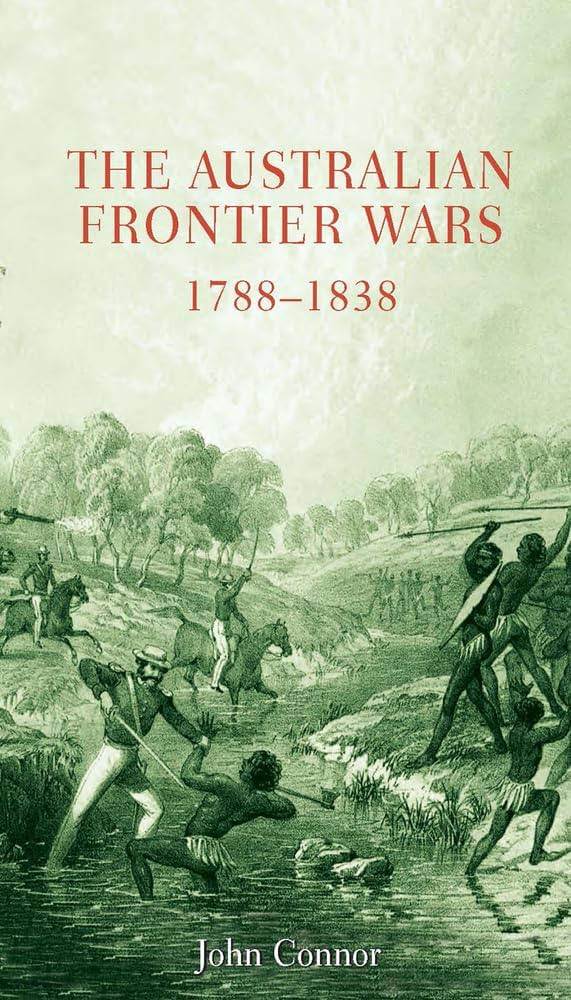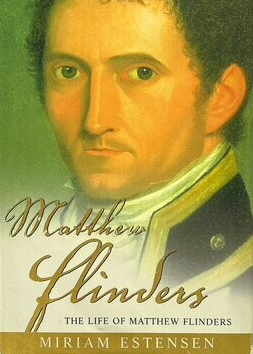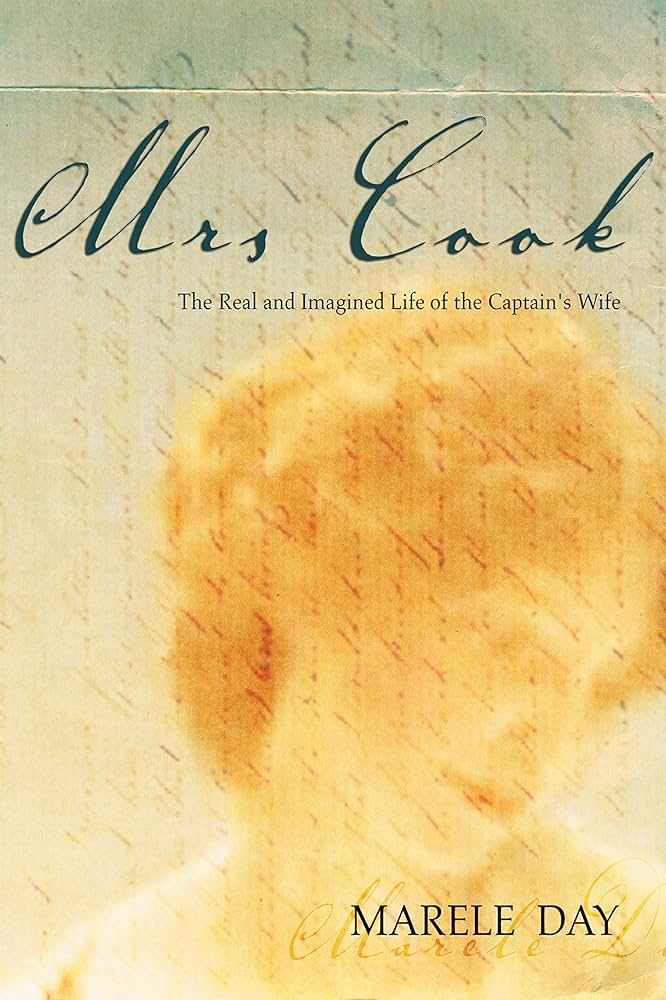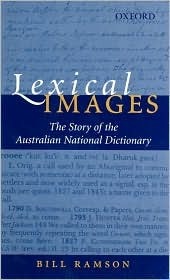Australian History
Australia’s Democracy by John Hirst & The Citizens’ Bargain edited by James Walter and Margaret Macleod
John Hirst faced a challenging task when he set out to write Australia’s Democracy: A short history. In a single monograph, he has traced the story of political rights and practices of citizenship, assessed within a context of social change. Not only does such writing place considerable demands on a historian’s range, but any prominent historian who attempts a short history attracts the sharp attention of all stakeholders. In Hirst’s case, his position as chair of the Commonwealth Government’s Civics Education Group has contributed further to his high profile in recent discussion on the need for citizenship training. Australia’s Democracy was funded by the Department of Education, Science and Training, and made available to schools for the ‘Discovering Democracy’ programme. Few historians write while carrying so much responsibility towards their prospective readership.
... (read more)Broken Song: T.G.H. Strehlow and Aboriginal possession by Barry Hill
It seems to be only a couple of years ago that my students declared gender and race to be the ‘hot’ topics in culture. Now, I confidently predict, they will relegate gender (still acknowledging its importance) and reformulate the second term by adding a third: race and its intersection with religion, in its broadest definition.
... (read more)The Commonwealth of Speech: An Argument about Australia’s Past, Present and Future by Alan Atkinson
According to the back cover: ‘This book explores the way common conversation matters … that during the last two hundred years we have been beguiled by reading and writing. Only during the last part of the twentieth century have we begun to remember the importance of speech as a source of truth in human affairs.’ It could also be noted that the seven essays collected here began as lectures, seminars or articles on such themes as the role of the monarchy in modern Australia (Prince Charles is judged a better speechmaker than his mum, therefore we have hope), the republican movement, the significance of Manning Clark and Henry Reynolds as influential Australian historians, the early nineteenth-century views of Edward Smith Hall and James Macarthur on the rights of Aboriginal people, and Raffaello Carboni’s account of the Eureka Stockade.
... (read more)The arresting cover of James Jupp’s important From White Australia to Woomera features the distraught faces of the children of detained asylum seekers. As the blurb puts it: ‘There never has been a greater need for a sober, historically informed yet critical account of immigration policy in Australia.’ This is indeed a book for the times. The nation’s left/liberal intelligentsia – much-disparaged by the right as ‘the politically correct chattering élite’ – has been in a state of profound shock ever since John Howard and Philip Ruddock swept the government to victory in November 2001 on the back of their hardline policy on asylum seekers. The Tampa episode, the ‘Pacific solution’ and the rising desperation of the families incarcerated and punished at Port Hedland, Maribyrnong and Woomera are surely all too familiar to readers. Labor’s experimentation with temporary protection visas for refugees in 1990, and the introduction of mandatory detention for the ‘boat people’ in 1991, had been followed under Howard, from 1996, by the freezing of humanitarian programme levels, reductions in social security support and an increasingly draconian detention regimen. But none of these developments quite prepared observers for the Howard government’s subsequent demonising and torturing of these wretchedly desperate folk in the final stage of their attempt to find sanctuary from evil Middle Eastern régimes. And nothing, perhaps, was more shocking than the government’s dry-eyed response to the drowning of refugee women and children at sea.
... (read more)American Citizens, British Slaves: Yankee political prisoners in an Australian penal colony, 1839–1850 by Cassandra Pybus and Hamish Maxwell-Stewart
In 1969 Indonesia exiled one of its greatest writers to a penal colony on the island of Baru. Pramoedya Ananta Toer was transported as a political prisoner. No one informed him then or later of the charges against him. One day the commander inspected the prisoners’ quarters. Pram (as he is fondly known by many) writes: ‘At the meeting’s close he presented me with a gold Pilot fountain pen, a bottle of ink and a thick legal size writing tablet ... I had permission to write. And, indeed, an accompanying letter signed by the major granted me restoration of the right to write.’
... (read more)In the aftermath of the ideological jousts between Henry Reynolds and Keith Windschuttle about the level of violence on the colonial frontier, a new book has appeared that tackles the issue from a fresh perspective. The author, John Connor, is a military historian. In this meticulously researched and highly readable book, he uses the methods of military history to examine the weapons, tactics and conduct of warfare on the Australian frontier during the first fifty years of British colonisation. Connor emerges from the fray with exciting new findings.
... (read more)The Life of Matthew Flinders by Miriam Estensen & The Navigators by Klaus Toft
In the fever of bicentennial celebrations of Flinders’ circumnavigation of Australia, thousands of words have been written and dozens of new books have appeared. The South Australian events and publications alone celebrating the encounter between Flinders and Baudin have almost reached plague proportions. However, Miriam Estensen’s Life of Matthew Flinders is the first full-blown biography of Flinders since Geoffrey Ingleton’s Matthew Flinders: Navigator and Chartmaker (1986), a deluxe volume not intended for the mass market. A paperback edition of Ernest Scott’s 1914 biography recently appeared, but new sources have become available since then and it is certainly time for a fresh assessment of Flinders’ achievements and character based on all the available evidence we now have.
... (read more)We readers ask a lot of our writers. We know what we like, but sometimes we prefer something new. We want to be taken along on the ride, but won’t tolerate being taken for a ride. We may want to learn something, but we don’t care to be lectured. We like a bit of fun, but can’t bear to be mocked. Yet we can also be quite generous. We don’t mind giving up control of our lives for the few hours it may take us to read a book, letting the writer take the tiller for a while. We are willing to believe in the events and characters the writer creates, to think and feel what the writer tells us to. And we go along with the greatest fiction of all: that the writer is omniscient and omnipresent. Not only do we collaborate in this great delusion, we encourage it.
... (read more)Lexical Images: The story of the Australian national dictionary by Bill Ramson
Reviewers often like to start with a simple statement of what a book is all about. In the present case, this is difficult, because there are two books within these covers. The first three chapters fit its subtitle, ‘The Story of the Australian National Dictionary’, while the next seven fit the title Lexical Images, being essays on aspects of Australian history and culture as reflected in the pages of the Australian National Dictionary (1988). If a single theme has to be extracted, it is that historical lexicography is a fascinating process, generating a valuable product.
... (read more)The Enlightenment and the Origins of European Australia by John Gascoigne
In the late 1950s, Honours students at Melbourne University could take Geoffrey Serle’s Australian History course only after completing John La Nauze’s full-year subject on Hanoverian and Victorian Britain (aka England). Those who questioned this restriction were informed that, since Australia was a small, derivative society, understanding its history required some knowledge of the culture, ideas and institutions exported here from Britain. While we may have discounted this rationalisation, with all the withering cynicism of late adolescence, at the time it hardly seemed worth making a fuss about.
... (read more)

